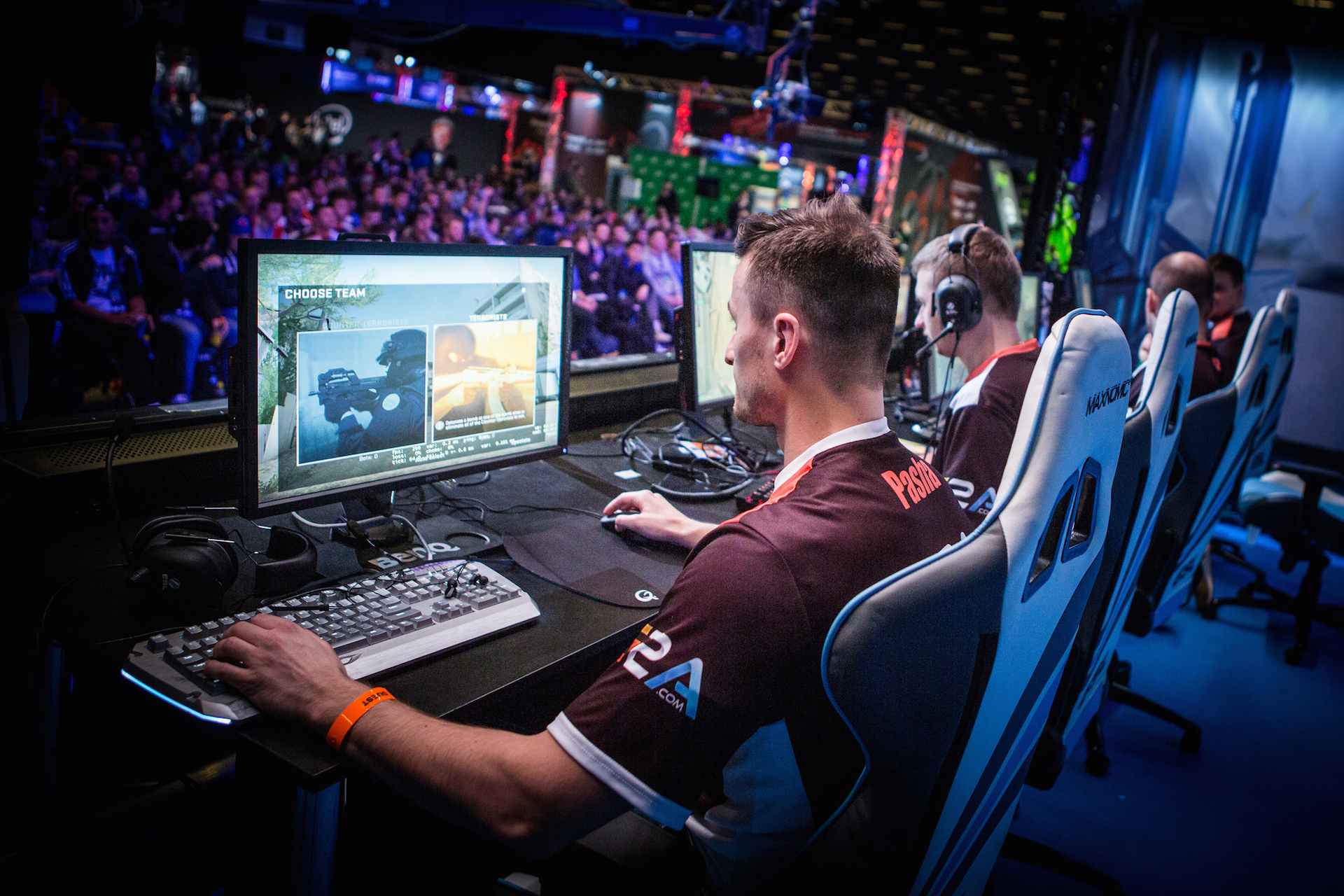Many detractors of E-Sports take particular exception to calling it a “real” sport. They say that it’s just a game, and it’s mainly a mind-based type of competition that doesn’t involve much physical exertion. And like chess or poker, they say, e-sports is a game.
But is it merely a game? A more careful and open-minded examination of the e-sports scene can show why it can be considered a sport.
- Packed auditoriums. While you can watch the competition online just as people can watch the Superbowl on TV, you can also come into a stadium and watch the games among thousands of spectators. We are talking about crowds that number more than the spectators at a minor league baseball game, which is considered a sport.
In South Korea, the stadiums there are packed with E-sports fans. These are the same stadiums that used to hold the FIFA World Cup matches in 2002. The same is true with American stadiums, as places like the SSE Arena and the Staples Center have sold out arenas for E-sports events.
- Millions of viewers. In 2014 there were 204 million viewers around the world, and by 2016 this jumped by 43% to 292 million. It’s estimated that by 2019 the worldwide viewership will reach more than 427 million.
- Eventually a billion-dollar industry. The global revenue of E-Sports was $194 million in 2014. By 2016, it grew to $463 million. It will go past $1 billion, experts say, by 2019.
- More sports authorities are conceding its sports status. International Olympic Committee president Thomas Bach has already declared in 2014 that it is “contrary to Olympic rules.
Yet ESPN offered the same views in 2014, saying “It’s not a sport.” He likened its status to chess and checkers, which are competition games but not “real sports”. But in the next year, ESPN later had a dedicated E-Sports news section on its website. Soon after that, their site also published an article that seemed to legitimize E-Sports stars as athletes.
- E-Sports athletes are taking the same tests as potential professional athletes—and they’re doing as well or even better. A professor at the German Sports University recognized the great demand placed on the motor skills of E-sports athletes. The movements are more complicated than what regular people can do, and that still doesn’t include the tactical complexity that each E-sports game offers.
In another instance, one League of Legends player took the same Wonderlic test that evaluates the abilities of potential NFL players to quickly solve problems. That player wasn’t even warned about the test beforehand, so he wasn’t prepared for the test. Yet that player outscored every potential NFL quarterback in that draft, and QBs are considered the brainiest of American football players.
- Visa recognition. Regardless of the debate, E-sports athletes can now qualify for the US p-1 Visa. This is a type of visa that’s exclusively for professional athletes.
- All the other factors. Seriously, you have numerous aspects that can be seen in E-sports and in other sports. You have famous stars, partisan fans, commentators during live matches, and huge prize pools.
In the end, however, does it really matter if some people consider E-sports an actual sport? For the fans and players, what matters is that it’s fun to play, fun to watch, and the competition is always fierce and exciting.
